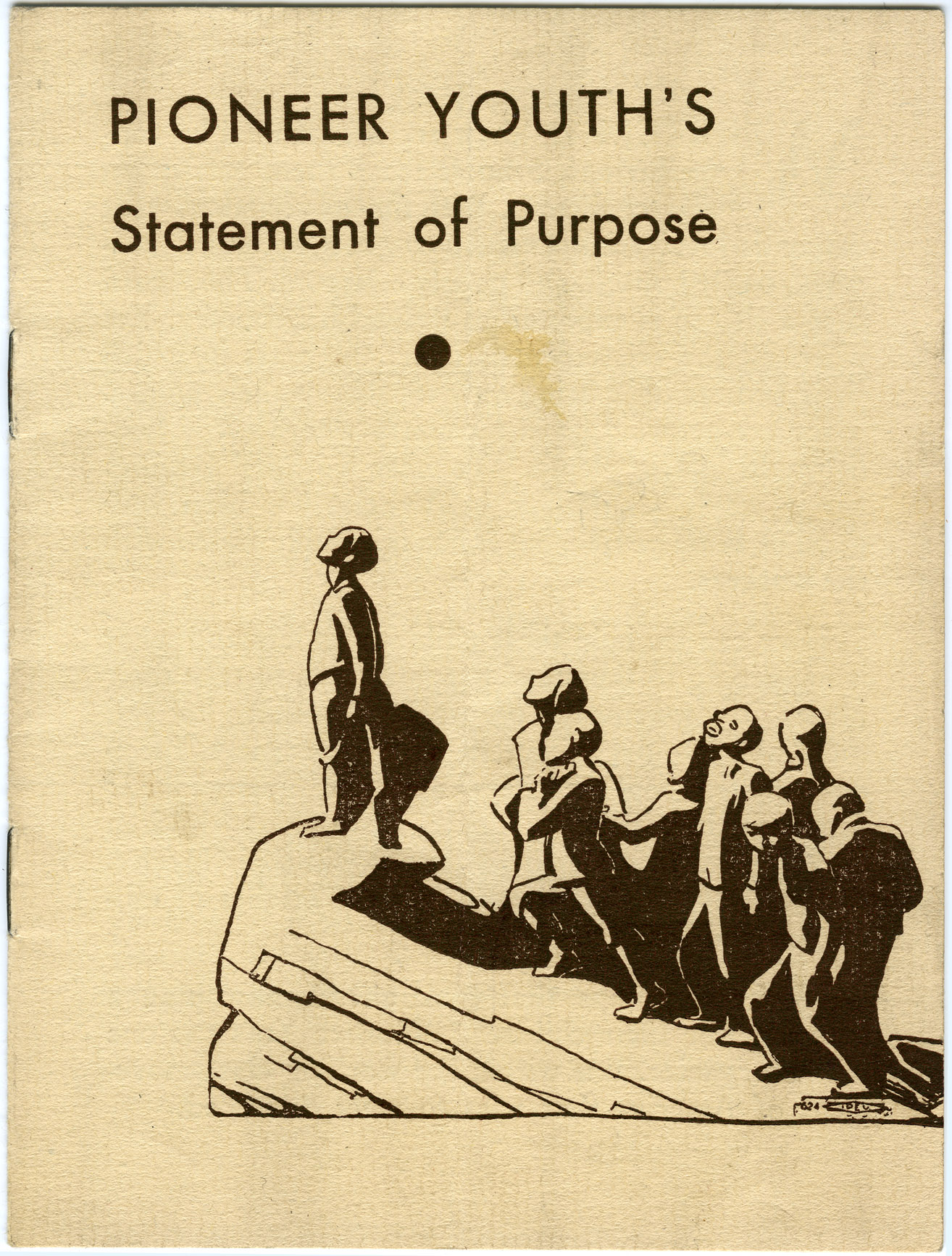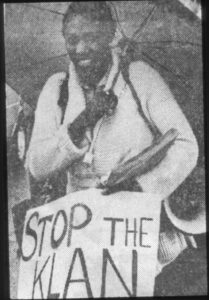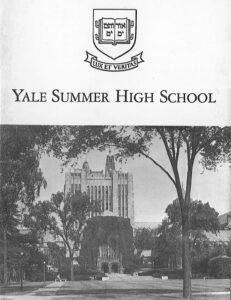Irma McClaurin Collection
Dr. Irma McClaurin is the founder of the Irma McClaurin Black Feminist Archive at the University of Massachusetts Amherst. She is an award-winning author, poet, activist, anthropologist, HipHop Mom and mentor, and CEO of Irma McClaurin Solutions. A woman of many talents, Dr. Irma is a past president of Shaw University and a former Program Officer for Education and Scholarship at the Ford Foundation. She was also the founding executive director of the University of Minnesota’s first Urban Research Outreach-Engagement Center, including a 21,000 sf renovation, and an Associate Vice President with tenure in the Anthropology Dept. Dr. Irma was also the first Black faculty member to be tenured in anthropology through the ranks at the University of Florida, where she was an affiliate of African Studies, the Center for Latin American Studies, Afro-American Studies, and Women and Gender Studies. After serving as Deputy Provost at Fisk University, while on leave from UF, she became the inaugural Mott Distinguished Chair in Women’s Studies at Bennett College for Women. She founded its Africana Women’s Studies Program. Dr. Irma also was a Senior faculty and coach at the US government’s Federal Executive Institute and was Chief Diversity Officer at Teach For America. An acclaimed Zora Neale Hurston scholar, she appears in the PBS documentary “Zora Neale Hurston: Claiming a Space.” Dr. Irma has an MFA in English and an MA and PhD in Anthropology from the University of Massachusetts Amherst. In 2023, her alma mater, Grinnell College, awarded her the Honorary Doctorate of Social Studies.





